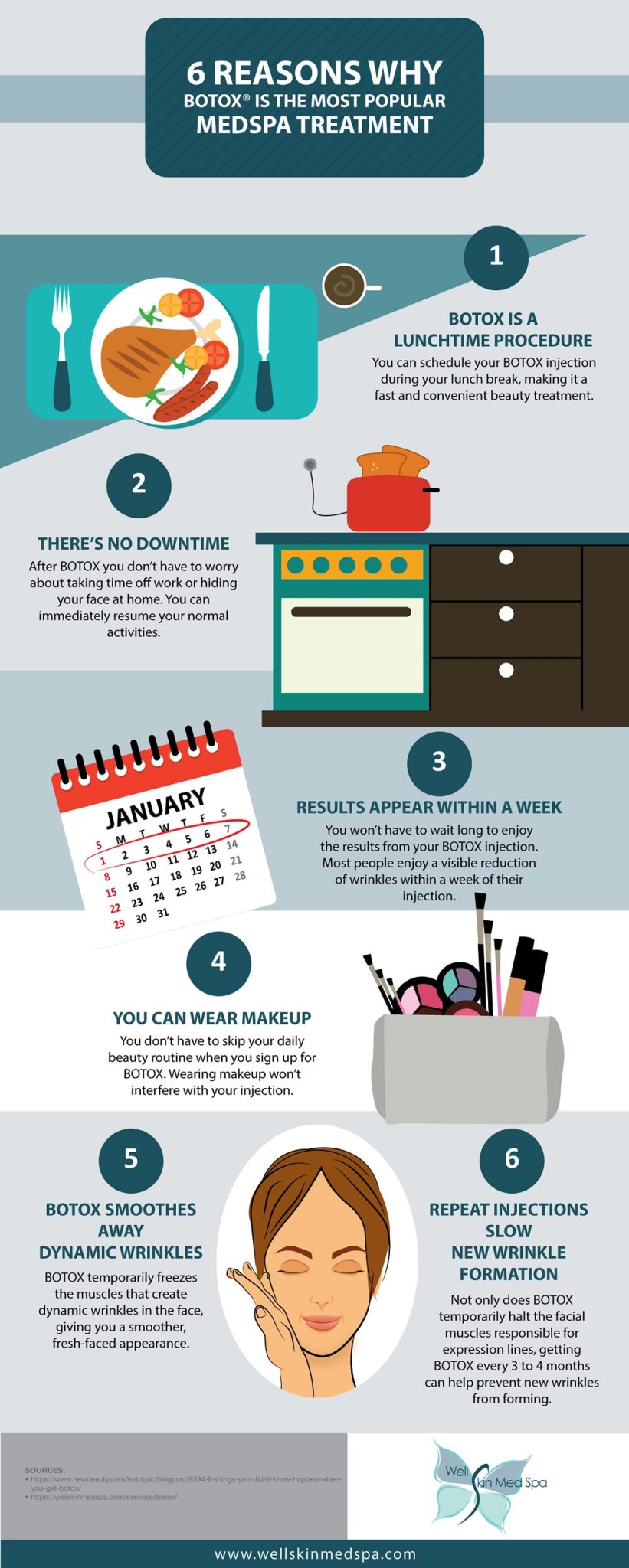Is SMILE Eye Surgical Procedure An Excellent Fit For You? Important Insights And Variables To Evaluate
Is SMILE Eye Surgical Procedure An Excellent Fit For You? Important Insights And Variables To Evaluate
Blog Article
Team Author-Craven Patel
If you're considering SMILE eye surgical procedure, consider this: are you prepared to accept potential visual liberty, or does the idea of any risks make you hesitate? Your decision will certainly depend upon a mindful balance of considering the advantages versus the unpredictabilities. It's crucial to delve deeper into the subtleties of SMILE surgery to make an enlightened option that lines up with your aesthetic goals.
Understanding SMILE Eye Surgical Treatment
When thinking about SMILE Eye Surgical procedure, it is essential to understand the procedure and its advantages. SMILE, which stands for Tiny Cut Lenticule Extraction, is a minimally invasive laser eye surgery that remedies usual vision troubles like nearsightedness (nearsightedness).
Throughout the treatment, your eye specialist will certainly utilize a femtosecond laser to produce a small laceration in your cornea. With this laceration, a little disc of tissue called a lenticule is removed, improving the cornea and fixing your vision.
One of the key benefits of SMILE Eye Surgery is its quick recovery time. Numerous patients experience improved vision within a day or 2 after the treatment, with very little pain.
In addition, SMILE is recognized for its high success price in giving lasting vision modification. Unlike LASIK, SMILE does not need the development of a flap in the cornea, minimizing the danger of issues and enabling a much more secure corneal structure post-surgery.
Understanding the treatment and its benefits is critical when thinking about SMILE Eye Surgery for vision adjustment.
Benefits and drawbacks of SMILE
Thinking About SMILE Eye Surgical procedure for vision correction includes different advantages and prospective downsides.
One of the major pros of SMILE is its minimally intrusive nature, as it involves a tiny cut and commonly results in quick healing times. The treatment is likewise understood for causing very little pain and completely dry eye signs and symptoms post-surgery compared to various other vision improvement approaches. Additionally, SMILE has actually been revealed to offer excellent visual end results, with several individuals achieving 20/20 vision or better.
On the other hand, a potential disadvantage of SMILE is that it may not appropriate for people with serious refractive errors, as the treatment range is rather restricted contrasted to LASIK. An additional factor to consider is that the discovering contour for specialists implementing SMILE can affect the schedule of knowledgeable companies in particular locations.
visit site to weigh these advantages and disadvantages carefully when deciding if SMILE is the ideal selection for your vision adjustment needs.
Figuring Out Qualification for SMILE
To establish if you're eligible for SMILE eye surgery, your ophthalmologist will conduct a thorough examination of your eye health and vision requirements. Throughout this assessment, variables such as the stability of your vision prescription, the thickness of your cornea, and the overall wellness of your eyes will be assessed.
Usually, https://www.healio.com/news/ophthalmology/20161104/several-options-available-to-fix-refractive-misses-in-cataract-surgery for SMILE more than 22 years old, have a stable vision prescription for a minimum of a year, and have healthy and balanced corneas without problems like keratoconus.
Your eye doctor will also consider your total eye wellness, any type of existing eye problems, and your lifestyle requires to determine if SMILE is the right selection for you. It's vital to interact any type of certain aesthetic needs or worries you might have throughout this analysis to make sure that the treatment lines up with your expectations.
If you aren't eligible for SMILE, your optometrist might advise different vision adjustment alternatives that far better match your individual needs and eye wellness status.
Final thought
Eventually, deciding whether SMILE eye surgery is right for you requires mindful factor to consider of your private eye health and wellness and aesthetic needs. Consult with your optometrist to identify your qualification for the procedure and weigh the potential benefits and disadvantages. Bear in mind to communicate any type of concerns or concerns you may have during the evaluation procedure to make an informed choice about your vision improvement alternatives.
